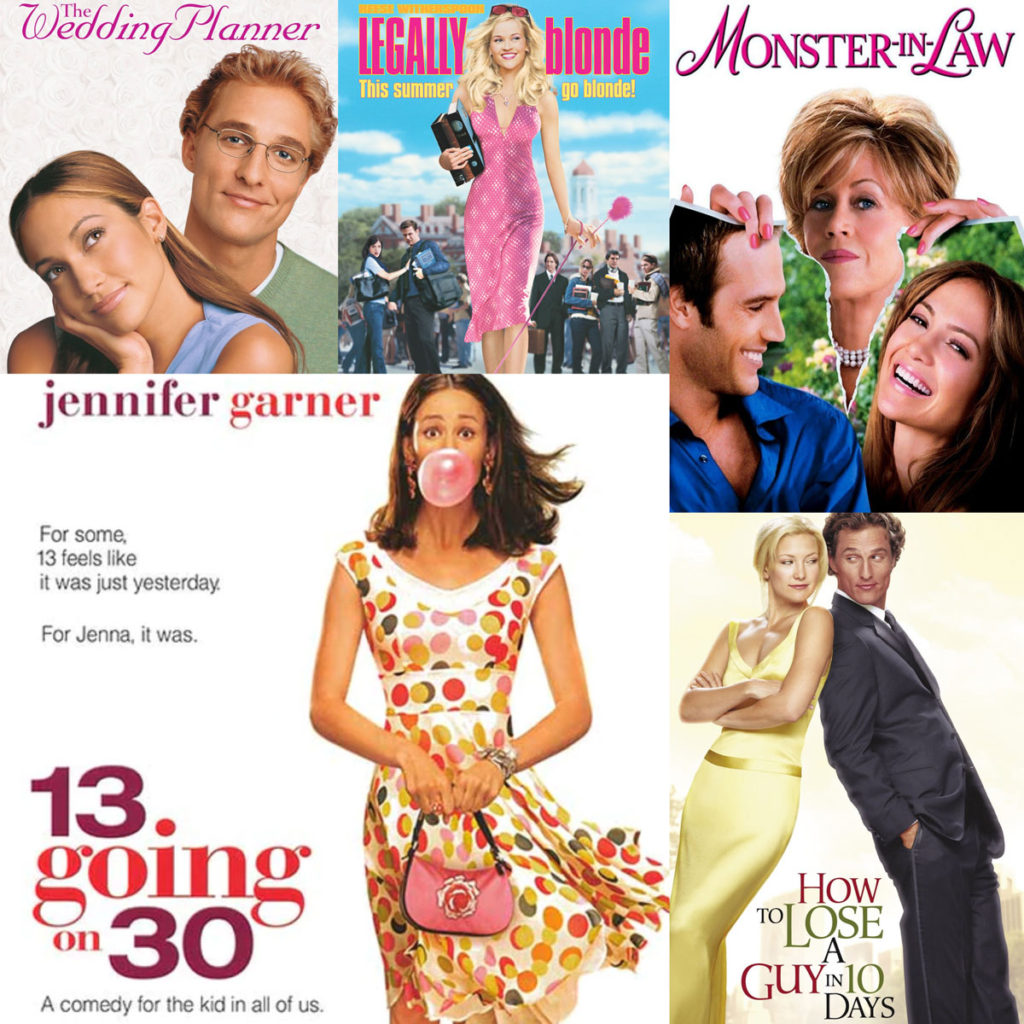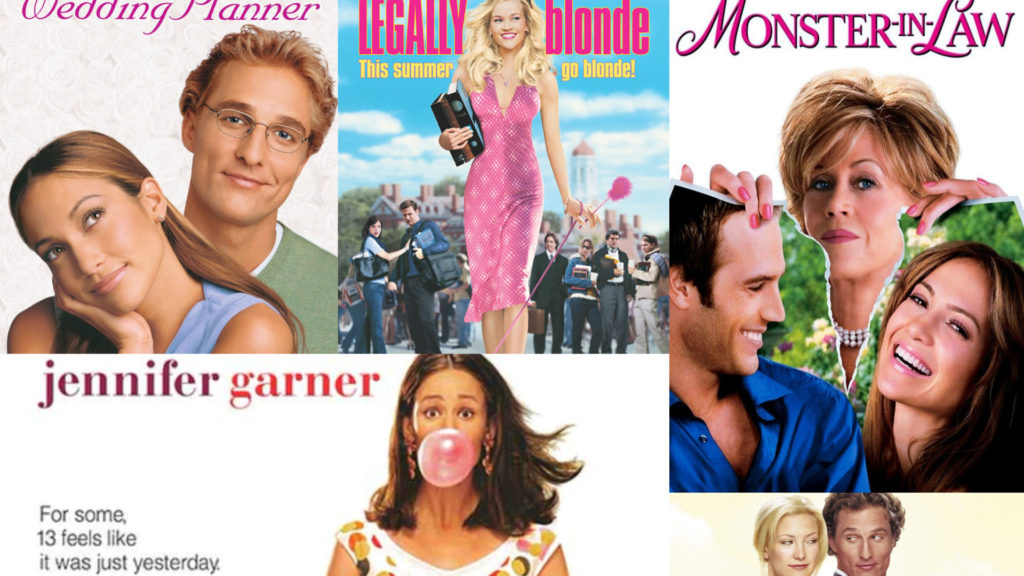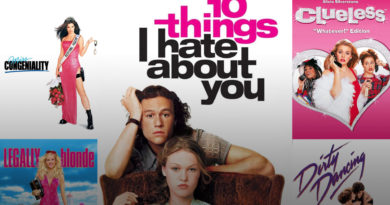The Rom-Com Genre In Film Is The Best Power Move Made By Women
How often have you had the displeasure of hearing some pretentious film bro refer to any film with an ounce of fun, romance or female presence as a chick flick in a derogatory manner? I certainly have.
The source of their condescension isn’t even hidden, it’s right in the term. It’s bad because it’s meant for “chicks.”
This same element has made them powerful and important.
In the 90s and early 2000s, men were still seen as the main demographic to target and please in the media. It makes sense because they held more social sway and economic power.
Female-led productions, particularly for high-budget films, were rare. When women were written into the stories, it was in stories catering to men.
This is where the rom-com stood out. It carved out a place for women’s stories to be told and they have hit peak popularity in recent years.
Rom-coms at the time were uncommonly female-led at all levels: main actors, directors and writers. These stories were not only featuring women but were being written for women.
While yes, a romantic storyline was often involved, this time men served as an accessory and as a tool for the main character’s personal development.
Not only was this great for girls and women who got to see themselves in movies, but it was an education for many young boys, I being one of them.

In 2022, rom-coms aren’t as prominent as they once were. However, they are still paving the way for inclusivity differently.
In the past few years, we’ve had an uptick in the number of romantic comedies featuring queer storylines like The Half Of It (2020) and Alex Strangelove (2018).
While the early 2000s had some important queer films like Brokeback Mountain (2005), they were not yet ready for the inclusion of LGBTQ storylines in romantic comedies.
Why, you might wonder?
Because it was easier to mention LGBTQ characters but not make them the center of the movie, considering that queer love still made some people uncomfortable at the time.
However, the inclusion of queer storylines in rom-coms is quite important.
Dramas can be about scary, disturbing and foreign things.
On the flip side, rom-coms tend to have feel-good storylines, lovable characters and a sense of normalcy or comfort.
Therefore to put queer storylines in this genre is to endorse that queer love is all of those things and to encourage people to see it that way.
So next time you sit down to rewatch the masterpiece that is 13 going on 30 (2004) for the thousandth time, tell yourself that it’s okay because rom-coms are important.
Click here to subscribe to our bi-weekly newsletter, The Hammerhead. For news tips, contact us at mdc.thereporter@gmail.com.


